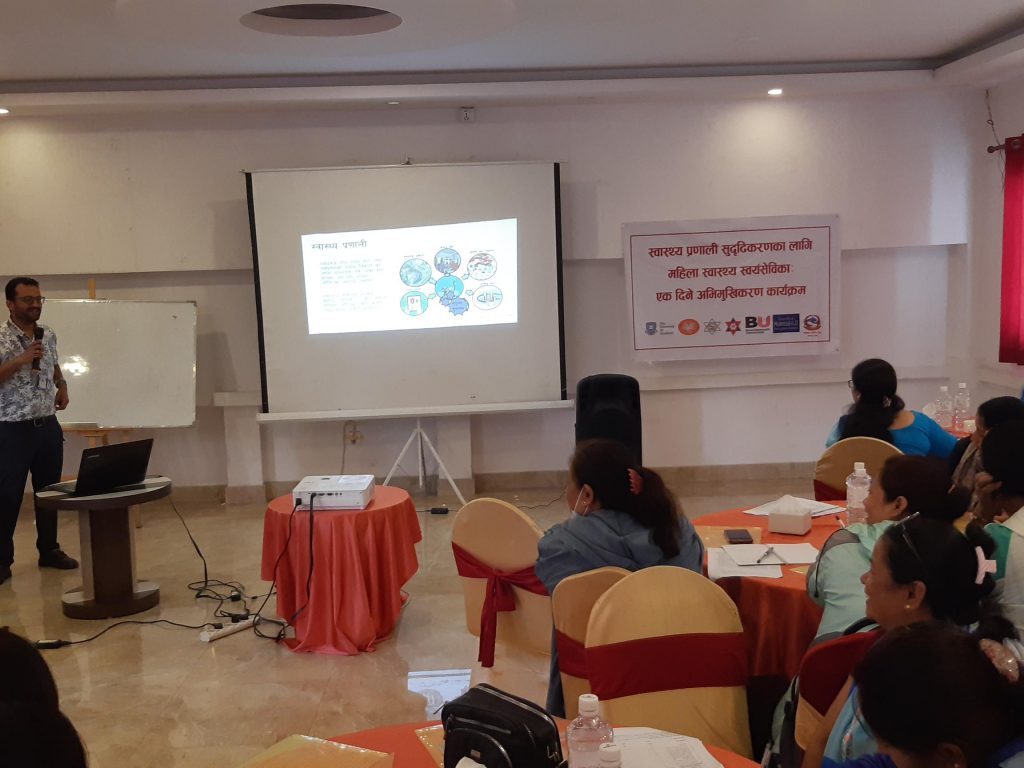 Today our collaborators Drs Sujata Sapkota and Sujan Gautam from Manmohan Memorial Institute of Health Sciences (MMIHS) organised and ran another training and orientation session for Female Community Health Volunteers (FCHVs) in a hotel in Kathmandu. The discussions in Nepali in today’s session are very lively with great participation from guest trainers as well as from the FCHVs. Many FCHVs are worried about their changing roles, and even the potential disappearance of the role.
Today our collaborators Drs Sujata Sapkota and Sujan Gautam from Manmohan Memorial Institute of Health Sciences (MMIHS) organised and ran another training and orientation session for Female Community Health Volunteers (FCHVs) in a hotel in Kathmandu. The discussions in Nepali in today’s session are very lively with great participation from guest trainers as well as from the FCHVs. Many FCHVs are worried about their changing roles, and even the potential disappearance of the role. 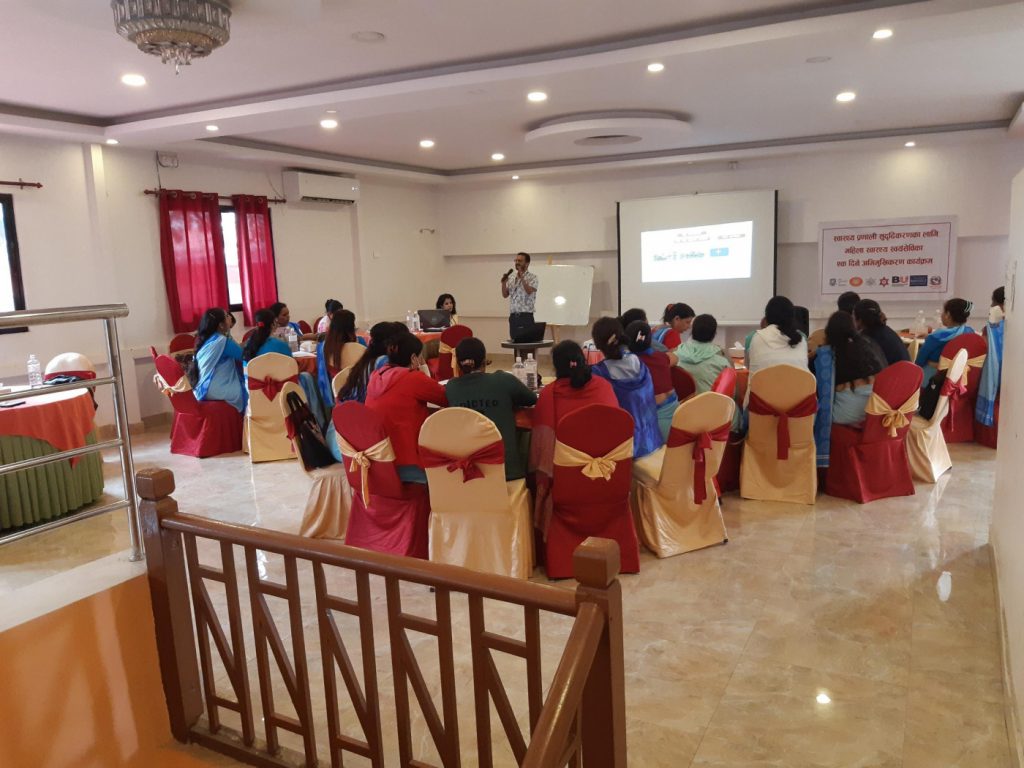
The sessions with FCHVs are crucial capacity building as part of our interdisciplinary study ‘The impact of federalisation on Nepal’s health system: a longitudinal analysis’. I had the pleasure of saying a few words about our international project which started in 2020 and will run to 2024. It is funded by the Health System Research Initiative, a UK collaboration between three funders: the MRC (Medical research Council), the Foreign, Commonwealth & Development Office, and the Welcome Trust. The research team includes researchers from MMIHS (Kathmandu), and PHASE Nepal (Bhaktapur), the University of Sheffield, Bournemouth University, and the University of Huddersfield (the three original UK co-applicants), and researchers now based at the University of Greenwich, the University of Essex and Canterbury Christ Church University.
Prof. Edwin van Teijlingen
Centre for Midwifery & Women’s Health (CMWH)
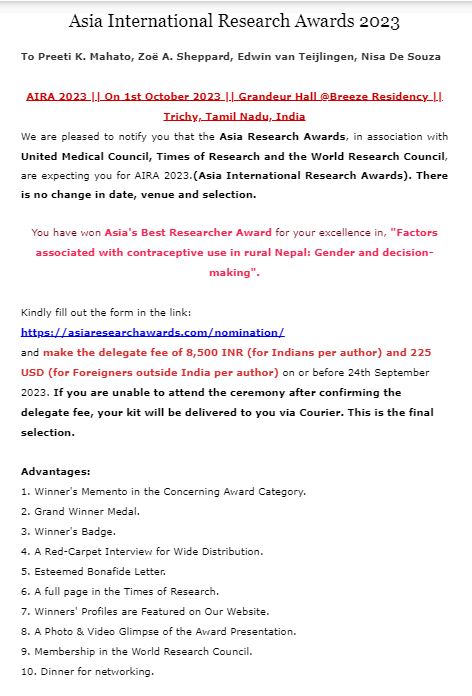




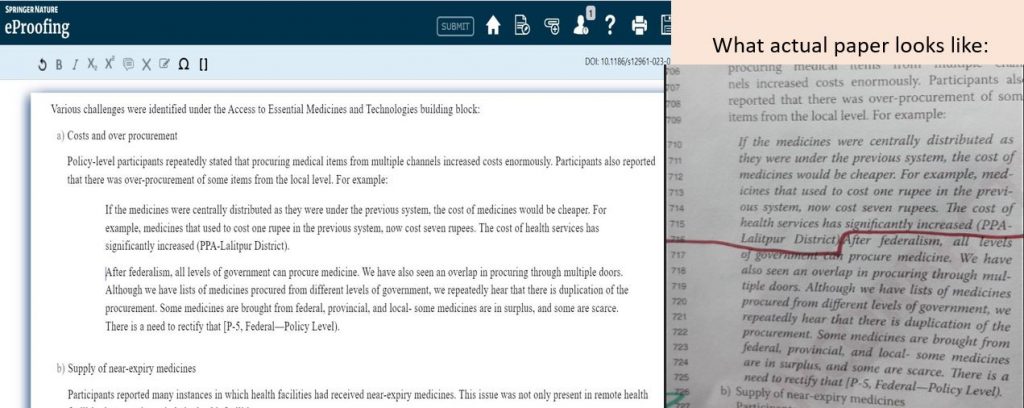
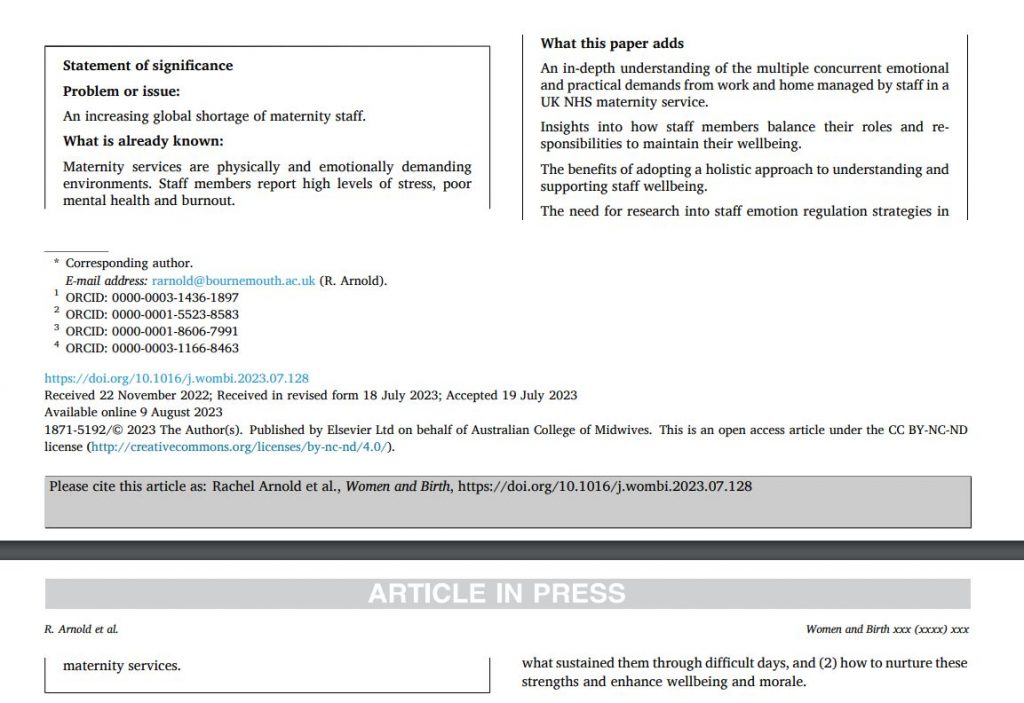
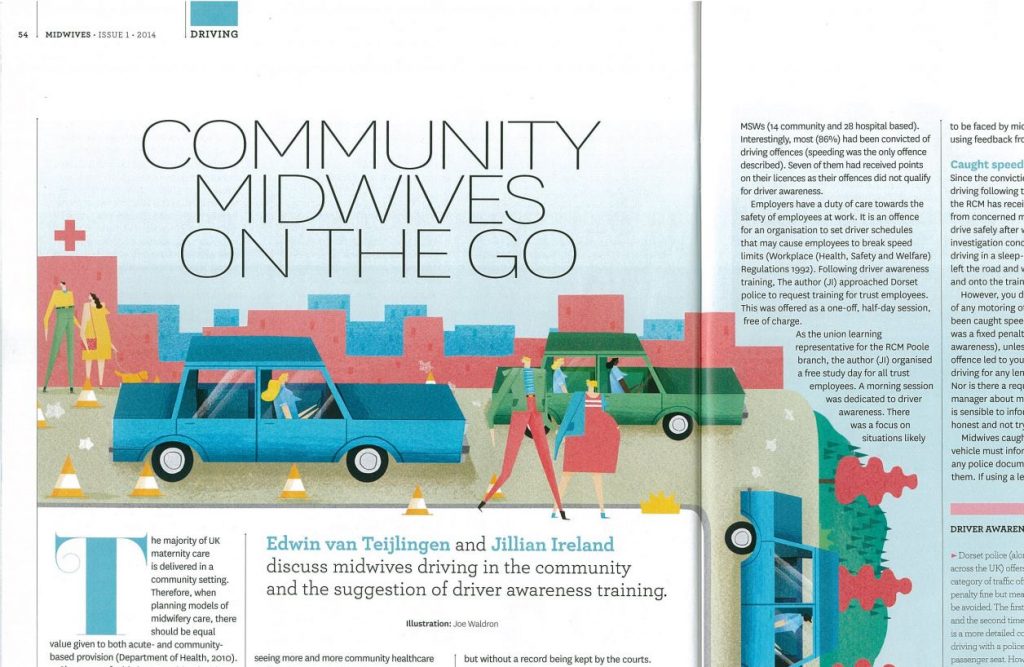

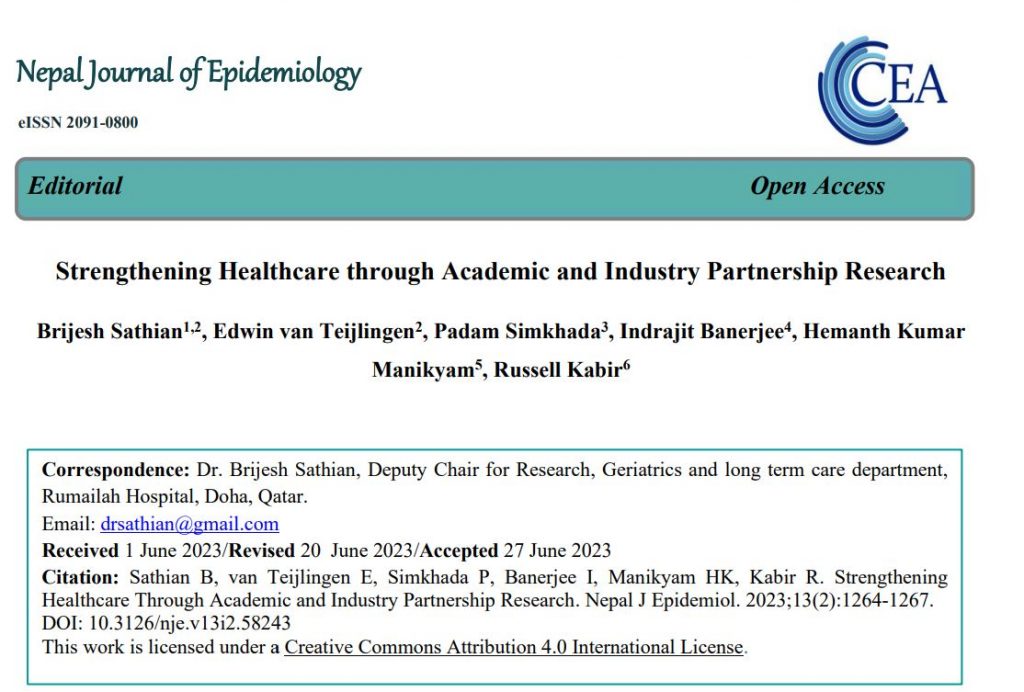


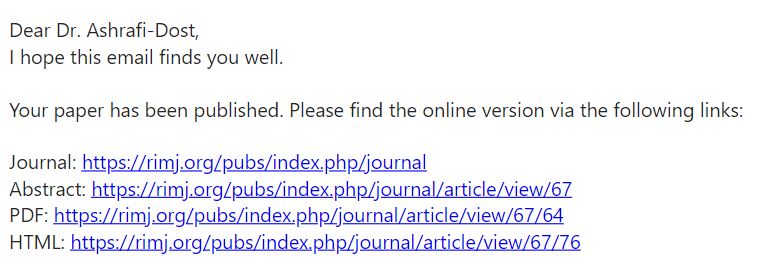
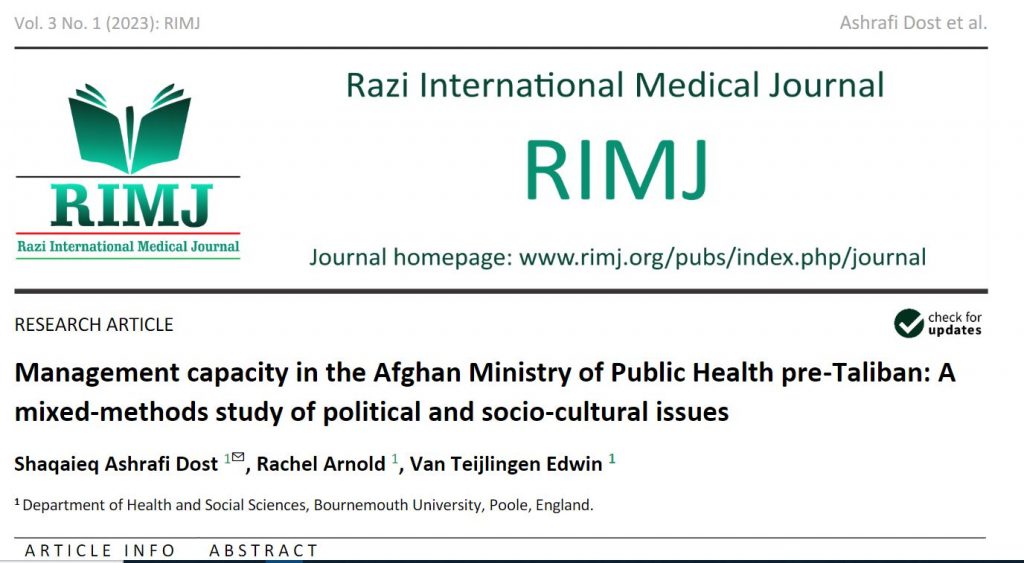
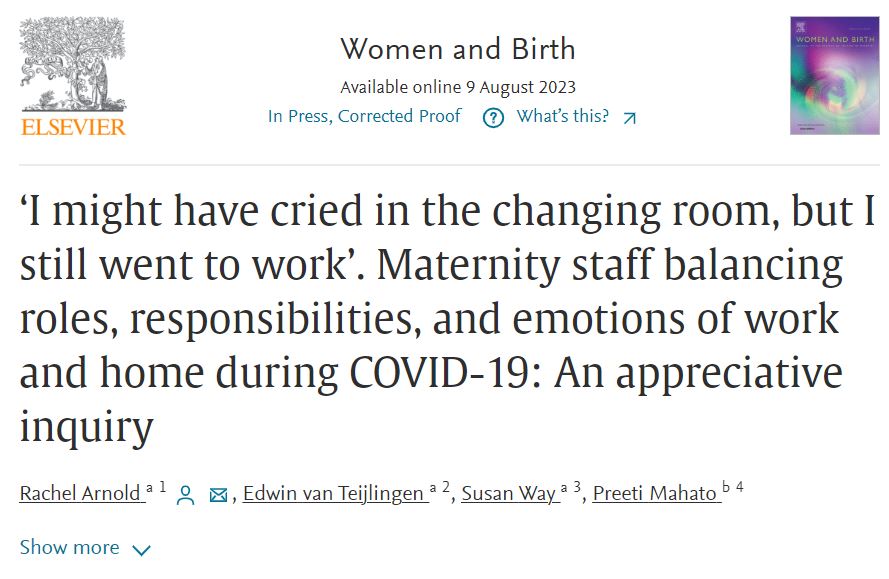



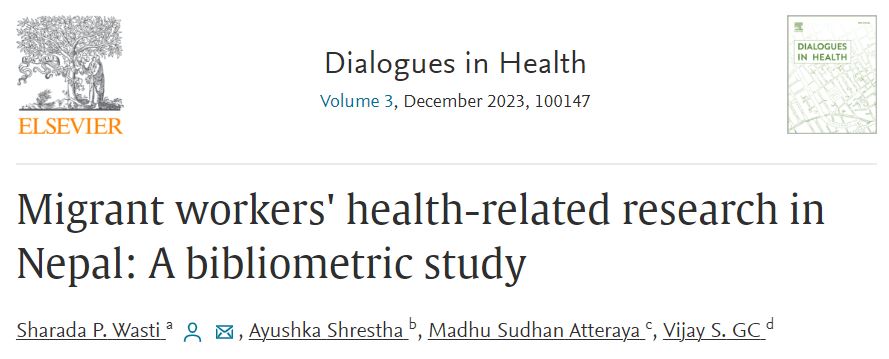

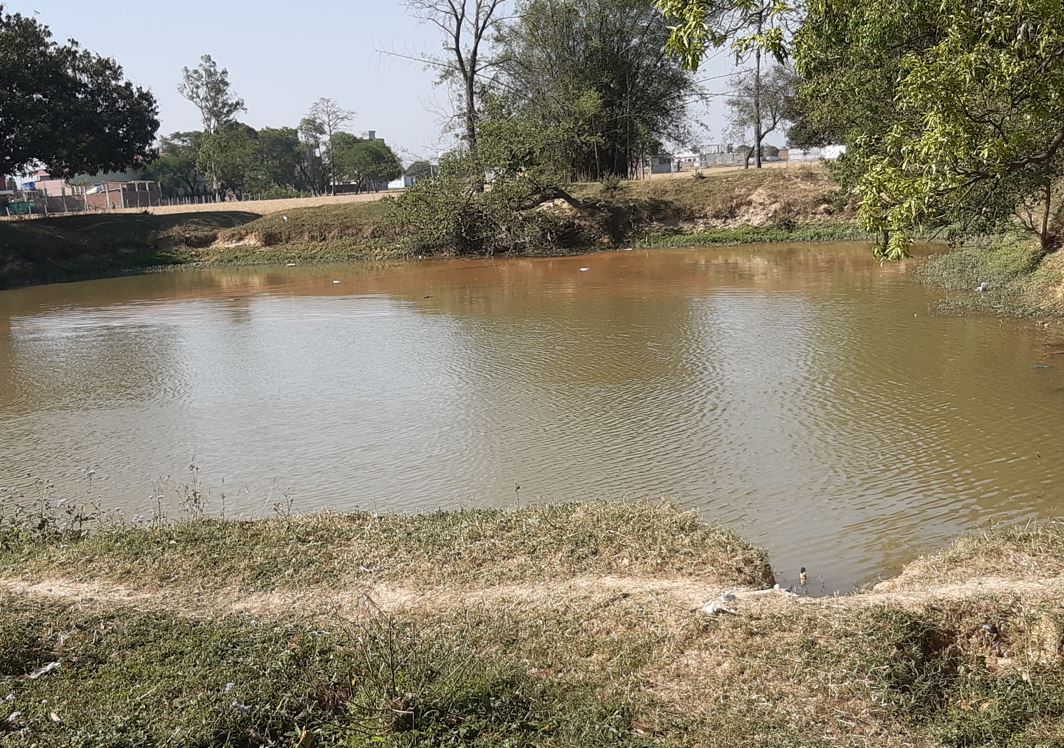

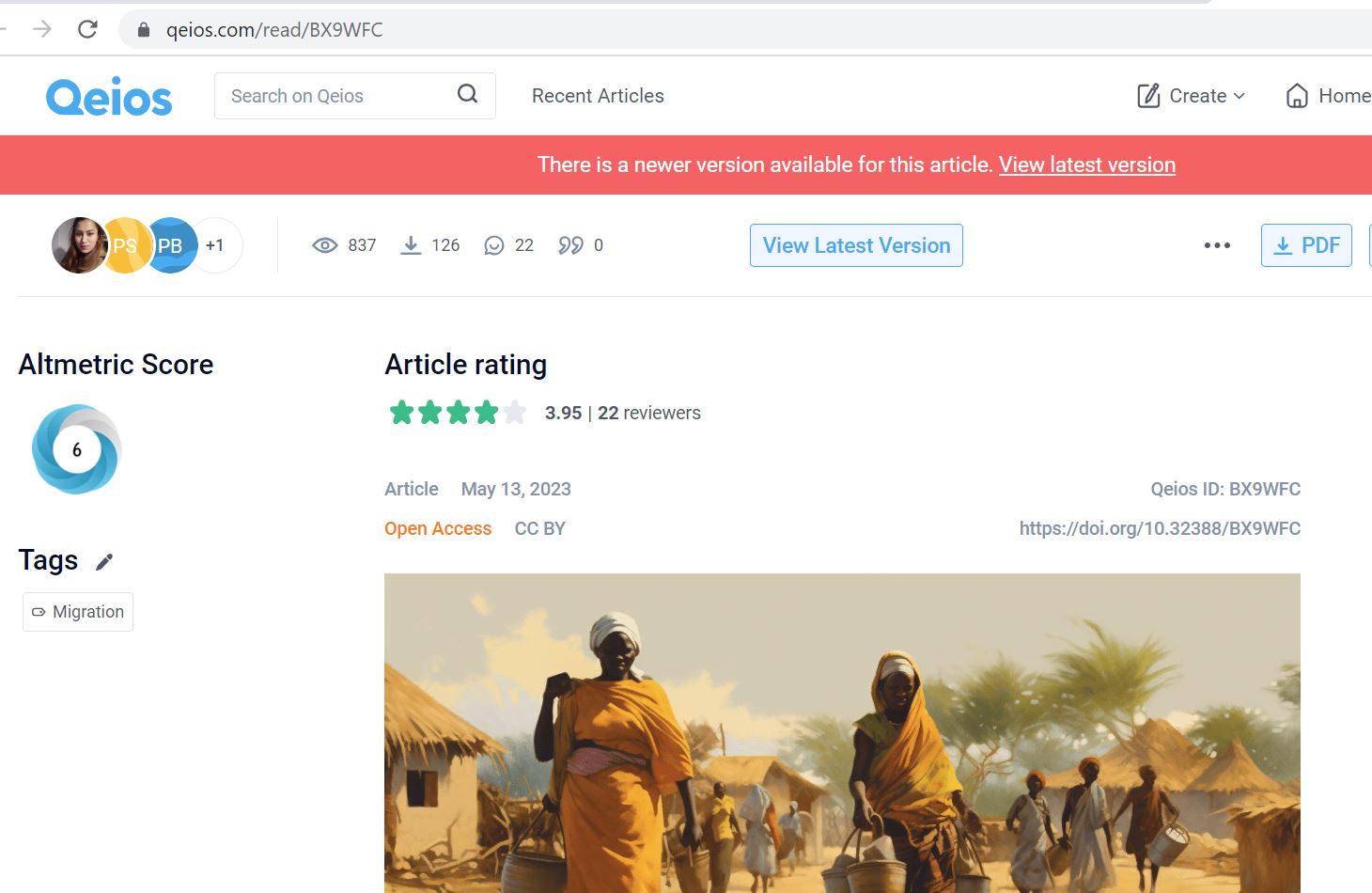
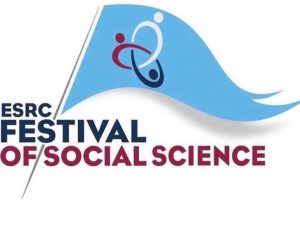 What is the ESRC Festival of Social Science?
What is the ESRC Festival of Social Science?
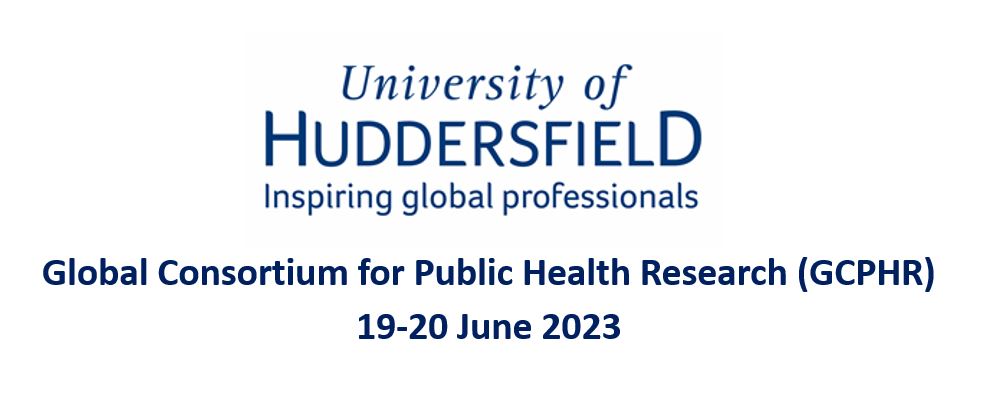

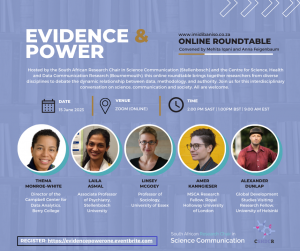

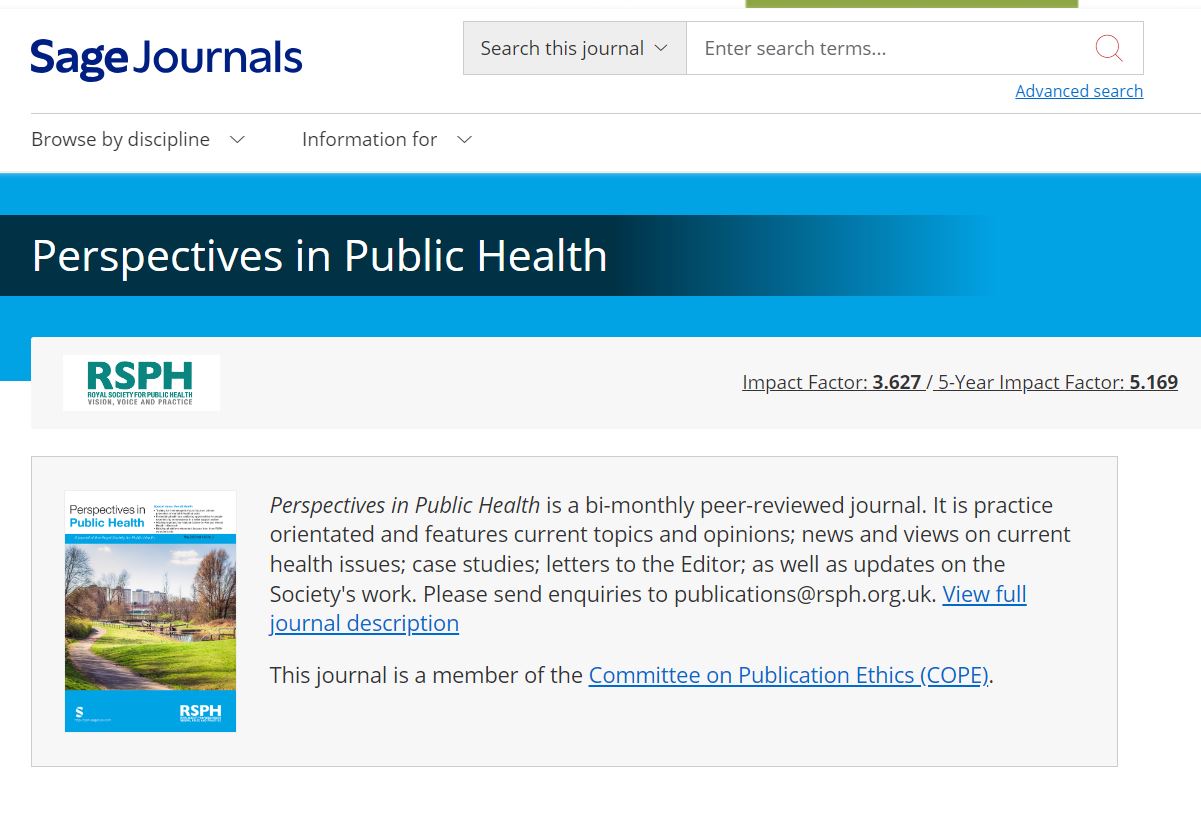











 REF Code of Practice consultation is open!
REF Code of Practice consultation is open! BU Leads AI-Driven Work Package in EU Horizon SUSHEAS Project
BU Leads AI-Driven Work Package in EU Horizon SUSHEAS Project Evidence Synthesis Centre open at Kathmandu University
Evidence Synthesis Centre open at Kathmandu University Expand Your Impact: Collaboration and Networking Workshops for Researchers
Expand Your Impact: Collaboration and Networking Workshops for Researchers ECR Funding Open Call: Research Culture & Community Grant – Apply now
ECR Funding Open Call: Research Culture & Community Grant – Apply now ECR Funding Open Call: Research Culture & Community Grant – Application Deadline Friday 12 December
ECR Funding Open Call: Research Culture & Community Grant – Application Deadline Friday 12 December MSCA Postdoctoral Fellowships 2025 Call
MSCA Postdoctoral Fellowships 2025 Call ERC Advanced Grant 2025 Webinar
ERC Advanced Grant 2025 Webinar Update on UKRO services
Update on UKRO services European research project exploring use of ‘virtual twins’ to better manage metabolic associated fatty liver disease
European research project exploring use of ‘virtual twins’ to better manage metabolic associated fatty liver disease